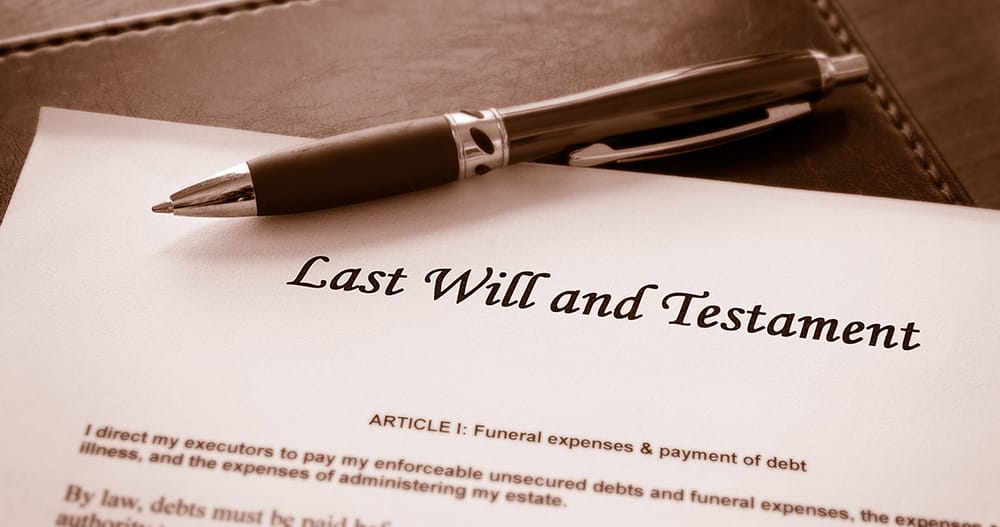Passing along wealth when everything is either available in cash or held in a bank is straightforward enough. While solid estate planning and proper communication with financial institutions has always been a good idea, for a long time the documentation needed for most was limited to wills, real estate deeds and stock certificates. However, an increasing number of Ontario residents are needing to consider digital assets such as cryptocurrency and online businesses when drafting estate plans.
In some ways, planning the transition of digital assets is the same as any traditionally held asset. Like anything, the planner should leave a list of assets and how to access them. Digital assets may need some additional explanation, especially when dealing with a less tech-savvy executor, so it’s a good idea to go into as much detail as possible within estate plans.
Along with account passwords, digital asset holders should provide other authentication information that may be required by a website. PINs, security questions and email or text message verification are all ways websites work to protect a person’s digital properties. Providing all this information to executors can help them access necessary accounts.
Without proper planning, executors can be left without recourse when it comes to accessing digital assets. There are many cases of large amounts of cryptocurrency being lost because technical plans were not developed. Technical plans combined with legal documents clearly explaining who has a right to that asset are critical in these cases. The best way to start is to speak with an Ontario lawyer who has experience drafting wills in the province.
If you have any questions, please contact our Wills & Estates Lawyers at Merovitz Potechin LLP.







